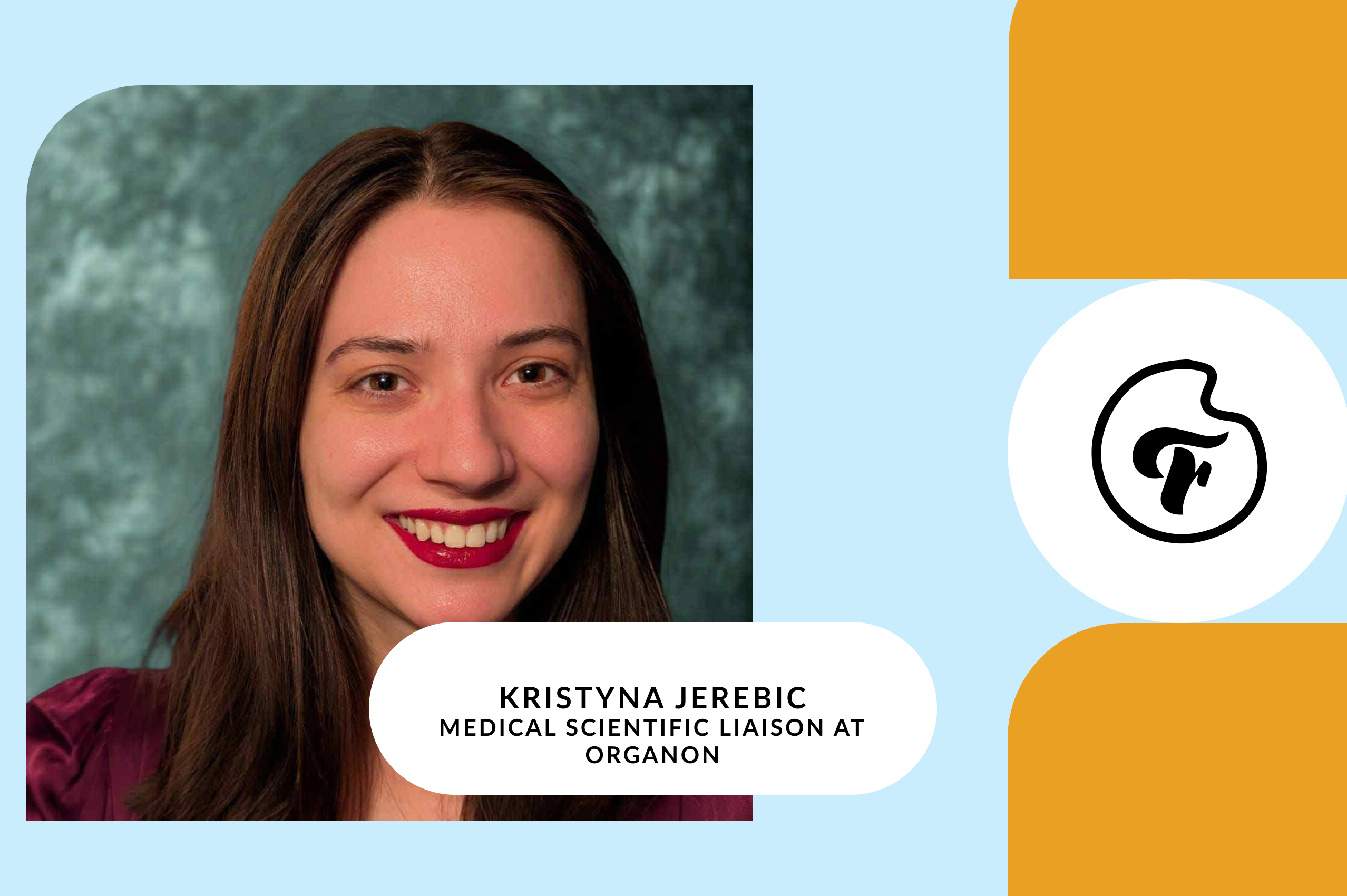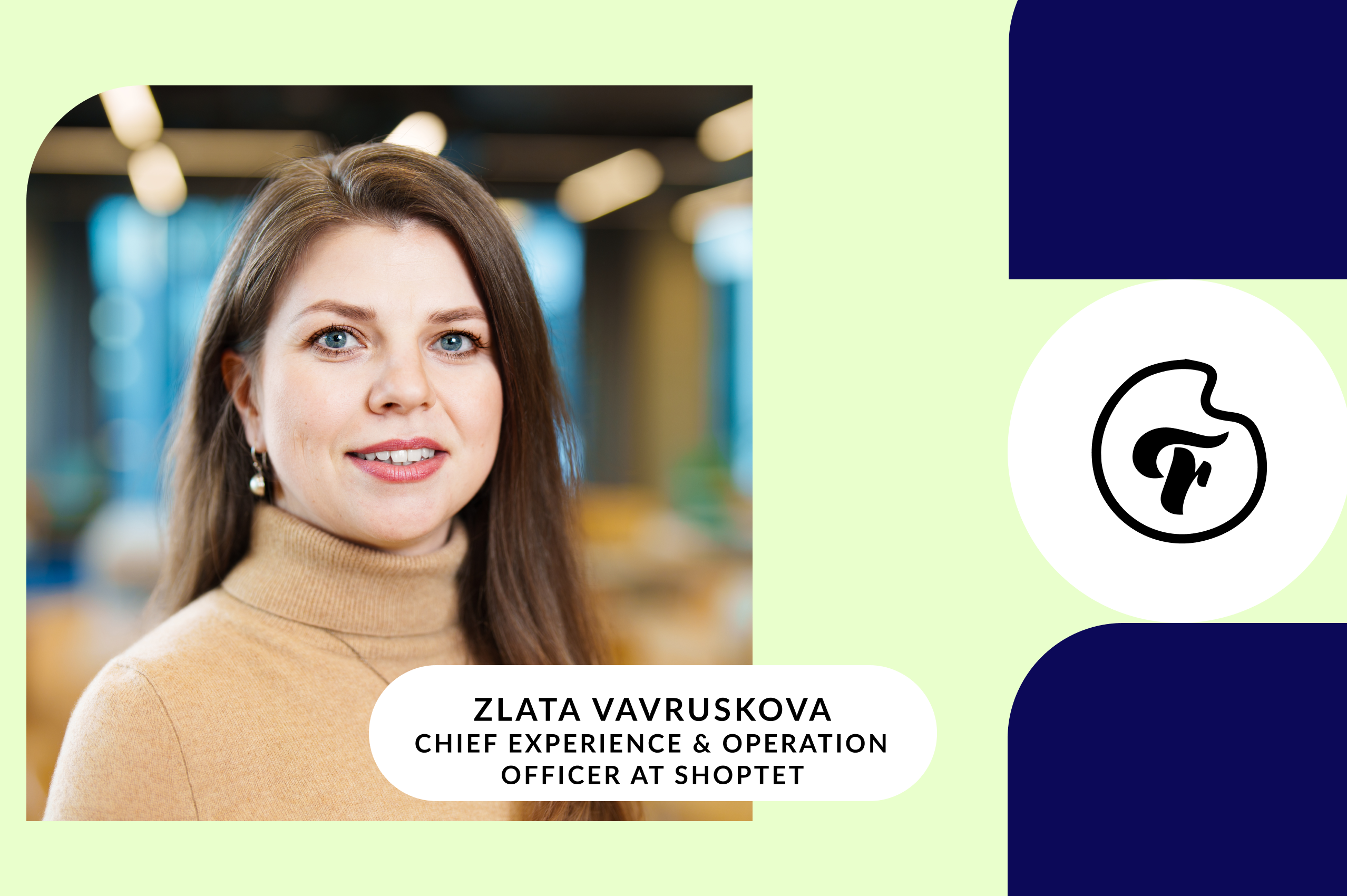
Our mentor Radka Kristyna Chobotova and her mentee Juliana Arbelaez Gaviria come from different backgrounds and yet they found a common ground through mentoring. The thing that resonates with them both is feminism. From sharing their experience with mentoring, the conversation evolved into a lively discussion on feminism. Read below how (and why!) all of us can be a little more feminist and see how science and humanitarian help cross paths.
What inspired you to join the mentoring program?
J: It was my partner who is a huge believer in me and pushes me a lot. So when he saw the mention of Femme Palette on LinkedIn, he thought it would be the perfect opportunity for me.
R: For me, it was the pandemic that locked me in one place and as I was seeking opportunities to do different things, I stumbled upon Femme Palette. Since I come from an international cooperation and humanitarian field, I was a bit hesitant at first, but my curiosity to see if I have something to share inspired me to join.
What were your expectations prior to the program and have they been met?
R: My expectations were confirmed and thanks to being matched with Juliana, I was able to apply my skills and knowledge to support my mentee’s professional and personal development.
J: I would have never gotten into the program if it wasn’t for my partner who works in the business sphere. Radka helped me shape what it was that I wanted to do and implement the practicalities such as tracking and getting things done.
I also learned a lot about personal branding and continued my self-discovery. I never had the opportunity to work or even realize the importance of a personal brand in science. Radka helped me identify how to position myself within a corporation and identify what makes me stand out. This is my biggest takeaway from mentoring.
What surprised you the most about your mentee?
R: During our first meeting, I instantly had a feeling that Juliana is very self-aware, hard-working, and ambitious. At first, I was doubtful whether I would be able to help, but we managed to develop an interesting intercultural exchange since I am based in Latin America, where Juliana is from, and Juliana is based in Czechia, where I am from.
Our values and our understanding of social justice are very similar, and the conversations on how things related to feminism work here and there were extremely enriching. I am grateful for Juliana’s openness and the depth of the discussions we could have had.
What have you learnt from your mentor?
J: I met Radka at the exact moment when, after three years of living here, I was learning how feminism works in the Czech Republic and how behind the Czech Republic is compared to South America. Throughout mentoring, we came up with many issues that Czech women are facing. Once you start digging deeper and bringing these topics up in the pub, you find out how many layers there are and that these topics are rarely discussed in public. What I like about Radka is the fire we shared to tackle the lower levels of activism among the Czechs. In Latin America, we don’t have good governments, so we are used to fighting for ourselves. Alongside the professional things, we also discussed how to find my place as a feminist living in the Czech Republic.
R: My wish for the Czech Republic is that a typical Czech woman would be like Juliana - active, self-aware, and ambitious.
J: I experienced that many Latino women are perceived as strong and I hear many Czech women say ‘yes, I know it is an issue but there is nothing we can do’. In Latin America, that is not how we live. For us, feminism means hope, empowerment, and community. I grew up with the idea that I need to be the best, and that is not true. I am already the best and yet I am a victim of sexual harassment and inequality at work. That is why we need to shift the message.
I liked the different perspectives Radka brings to the conversation, for example regarding maternity leave. I have seen many shocking things here in Czechia that make me feel anxious. Czech women seem okay with giving up everything during maternity leave, and I am not that kind of person. I want to be able to navigate that part of my life, in the same way, I would in Colombia. Colombian feminists are always a part of the conversation which is not happening here in Czechia yet. Fortunately, with my mentor, we created a safe space where we can freely communicate our beliefs and opinions, even if they are controversial.
"...with my mentor, we created a safe space where we can freely communicate our beliefs and opinions, even if they are controversial."
What was your favorite mentoring moment?
R: Every session was my favorite because we always discussed very important topics and I loved Juliana’s curiosity. Mentoring also helped me professionally, as I could apply what we discussed during mentoring meetings to my workplace. I also appreciate the intercultural exchange that made me feel more comfortable as a foreigner living abroad.
J: I have some favorite aspects of our interaction - especially the structure. I would always suggest a topic and Radka would bring background information on it, then we would compare our experiences from the different fields - the humanitarian and the scientific sector. I realize that we have so much in common and am grateful for the opportunity that we can exchange information across industries.
"Mentoring also helped me professionally, as I could apply what we discussed during mentoring meetings to my workplace."
Is there something you would recommend to mentors & mentees?
R: To the mentee, I would recommend thinking thoroughly about what they want to achieve. Six months seems like a long time but it is not. Keep in mind that you have to balance mentoring with work, so don’t be overly ambitious and set realistic expectations at the start. Define your objectives, create specific goals, and document your progress in the virtual document you receive from Femme Palette, so you have an evidence of your accomplishments at the end of the program.
"Define your objectives, create specific goals, and document your progress in the virtual document you receive from Femme Palette, so you have an evidence of your accomplishments at the end of the program."
To the mentors, I would recommend reserving time not only for the sessions but also for preparation. I learned a lot through getting ready for the sessions and was happy that Juliana would always recommend a topic before the session that we later discussed in a great depth.
J: I would say honesty is key - to the program and to yourself as a mentee to be able to fully understand what your goal is right from the start. I appreciated the space my mentor gave me for reflection and to be able to always go back to my goals and identify how they changed. Mentors need to be flexible because our situations change all the time. I never realized how much a mentor can impact one’s personal life, but it’s true. So the mentors should approach mentoring responsibly and prepare well for each session. You are changing a person’s life that is why you need to be committed and completely ready for this challenge.
Thank you, Juliana and Radka, for sharing your passionate beliefs and opinions not only on mentoring for women but also on how different countries stand on feminism. I truly believe this conversation has sparked an interest in all of us and we will do our best to be more feminist.



